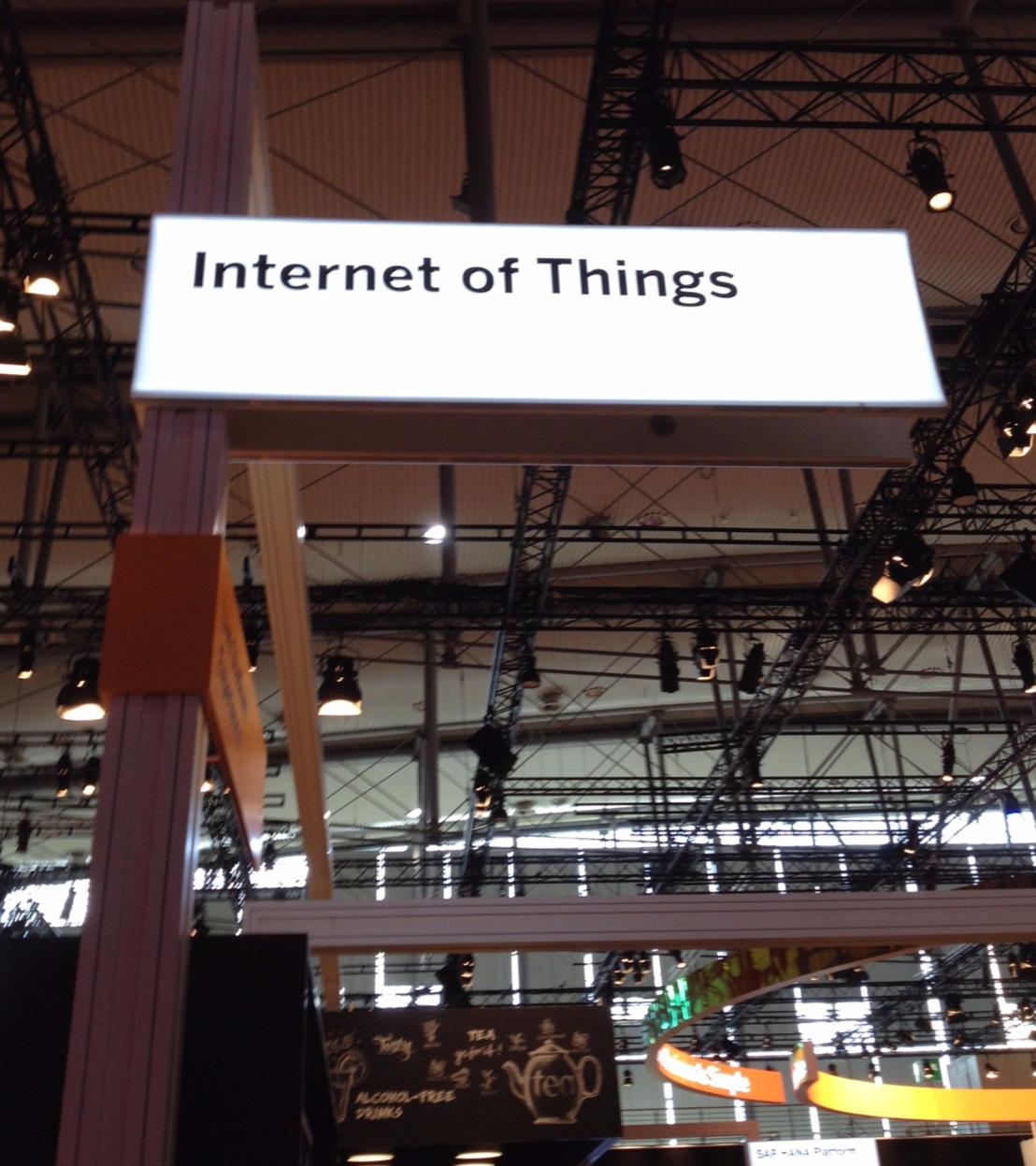Source: jdsupra.com
The European Commission (“Commission”) has launched an antitrust sector inquiry into the Internet of Things (“IoT”) sector for consumer-related products and services within the European Union. The Commission is looking to develop a better understanding of how this fast-moving sector works and some of the potential issues that may arise from a competition law perspective. The regulator intends imminently to send requests for information to a range of players in this sector and already plans to publish a preliminary report on its findings in the spring of 2021. As such, the inquiry offers companies in the IoT sector an opportunity to steer the Commission’s approach to competition in this area.
On 16 July 2020, the Commission announced that it has launched an antitrust sector inquiry into the consumer IoT sector – a sector offering consumer-related products and services that allow users to control their surroundings through the internet – for example, through a voice assistant or a mobile device. A sector inquiry, based on Article 17 of Regulation 1/2003, is an investigation into a sector(s) of the economy that the Commission carries out when it has reason to believe that the sector in question is potentially not functioning properly from a competition law perspective. The IoT review follows other sector inquiries conducted in recent years by the Commission (in financial services, energy, pharmaceuticals and, most recently, in e-commerce).
What is the focus of the inquiry?
Although the IoT sector is relatively new, in certain instances it is characterised by strong network effects and economies of scale. As such, the Commission appears to be concerned that certain practices by market players have the potential structurally to distort competition. In particular, the Commission is looking into whether practices involving restrictions on data access and interoperability, forms of self-preferencing and the use of proprietary standards (among companies active in this space) might lead to less competitive markets. In addition, the Commission may be worried that the IoT space is at a so-called “tipping point” (ie. whereby an otherwise competitive market is at risk of being consolidated among fewer, stronger players and become irreversibly monopolized).
The inquiry will focus on products and services (and companies producing/providing them) such as wearable devices (smart watches or fitness trackers, among others) and smart home consumer devices (such as fridges, washing machines, smart TVs, smart speakers and lighting systems). These often rely on significant amounts of user data creating a risk, according to the Commission, that data-rich companies will be able to control parts of the digital market. The Commission will also gather more information on the services available via smart devices, such as music and video streaming as well as voice assistants, and will investigate whether such services limit the options available to customers.
Margrethe Vestager, Executive Vice-President of the Commission and Commissioner for Competition, confirmed that the Commission will be particularly interested in:
- The products sold and how the markets for those products work;
- How data is used, collected and monetised; and
- How products and services in this sector work together, including potential problems with making them interoperable.
Why this is significant for companies active in the IoT space?
The information gained from the inquiry will assist the Commission in understanding the nature, prevalence and effects of potential anti-competitive conduct, if any, in the IoT space. Should the Commission identify specific competition concerns as a result of the inquiry, it could open antitrust investigations (as it has in the past) to ensure that market players comply with Articles 101 and 102 of the Treaty on the Functioning of the European Union (relating to the prohibition of restrictive business practices and abuse of a dominant position respectively).
What’s next?
The Commission has announced that it will send requests for information to over 400 companies within the IoT sector for consumer-related products and services in Europe, Asia and America. Companies of particular interest to the Commission are thought to be smart device manufacturers, software developers and related service providers.
The Commission plans to publish a preliminary report on the replies for consultation in the spring of 2021 and a final report is expected to follow in the summer of 2022. Compared to other sector inquiries which usually take a number of years to complete, the Commission is pursuing a much tighter timeline than usual.
As outlined above, the Commission already seems to have a narrow idea of the issues and concerns it is looking to identify and potentially further investigate. By shortly sending requests for information to companies active at all levels of the IoT value chain, the Commission is looking for information to help it shape its approach to competition. This means that companies which are active in the IoT sector can play an important role in informing and steering the Commission’s approach.


